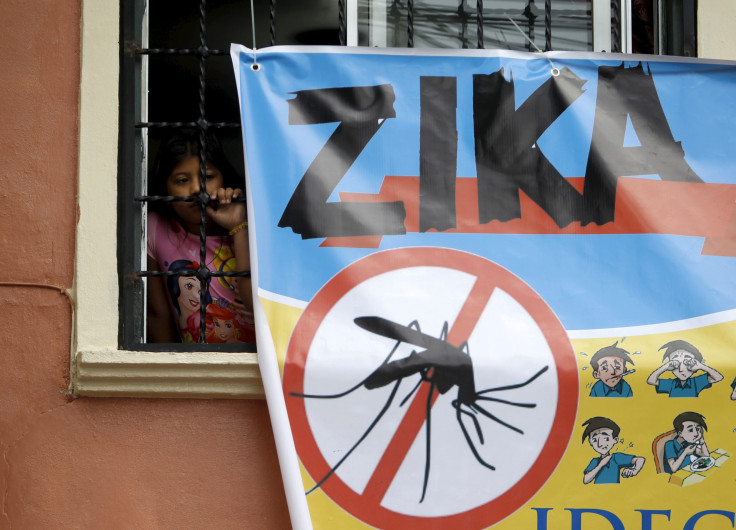Australia Pledges Aid To Help Tonga, Pacific With Zika

Australia pledged up to A$500,000 ($354,000) in aid for its Pacific island neighbors on Sunday to help combat the spread of the Zika virus after an outbreak in Tonga last week raised concern in the region.
The initial focus on strengthening the fight against the mosquito-borne virus would be in Tonga, Steven Ciobo, minister for the Pacific, said in a statement.
Australia would work with World Health Organization (WHO) officials and the Tongan government to control the mosquito population and increase access to testing, he said.
The tiny South Pacific island nation last week declared an outbreak of the Zika virus after five cases were confirmed and 259 suspected.
“Stopping the spread of Zika in the Pacific is essential to protecting Australia from the virus, which has seen a resurgence in our region,” Ciobo said.
The WHO declared Zika an international health emergency last week, citing a "strongly suspected" relationship between the virus in pregnancy and microcephaly, a condition in which infants are born with abnormally small heads and can suffer developmental problems.
There is no vaccine available to combat the virus.
Some of Australia's aid would go to the WHO’s Zika Virus Action Plan for the Pacific to ensure a coordinated response, Ciobo added.
Until last week, Tonga had never had any confirmed cases of the Zika virus, its chief medical officer Dr. Reynold Ofanoa told Reuters, so it was likely brought into the country by an infected person and then spread by mosquitoes.
On Saturday, health authorities in the Australian state of Queensland confirmed that a child had contracted the virus after a family trip to the Pacific island of Samoa.
Queensland’s chief medical officer Jeanette Young said it was no surprise that the child contracted Zika in Samoa because it has existed in the Pacific “for decades”.
At the same time, Australia announced the expansion of its testing capabilities in northern Queensland where the Aedes aegypti mosquito, which can transmit the virus, are present.
© Copyright Thomson Reuters {{Year}}. All rights reserved.




















